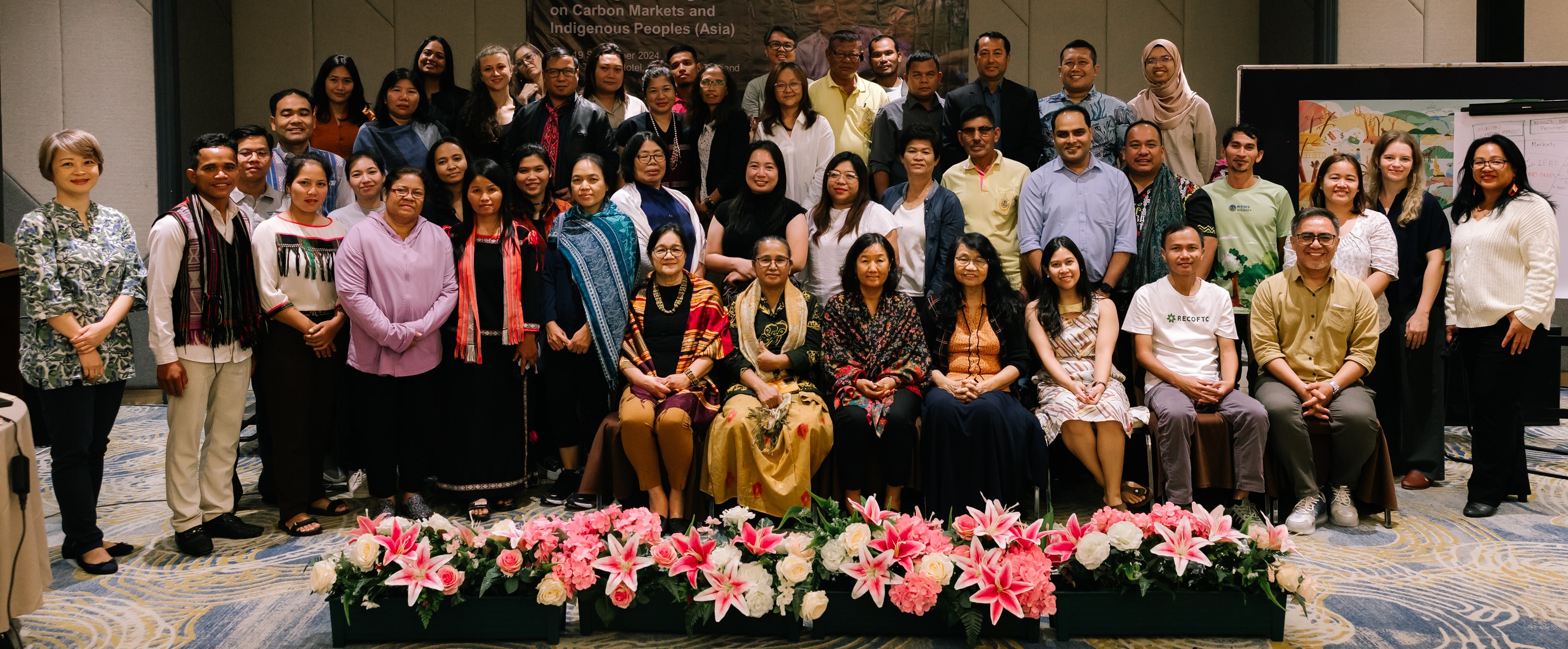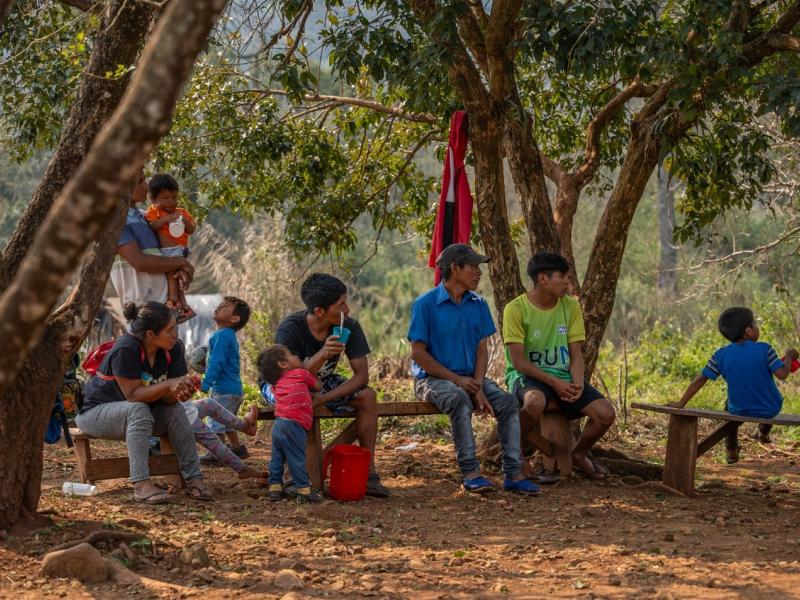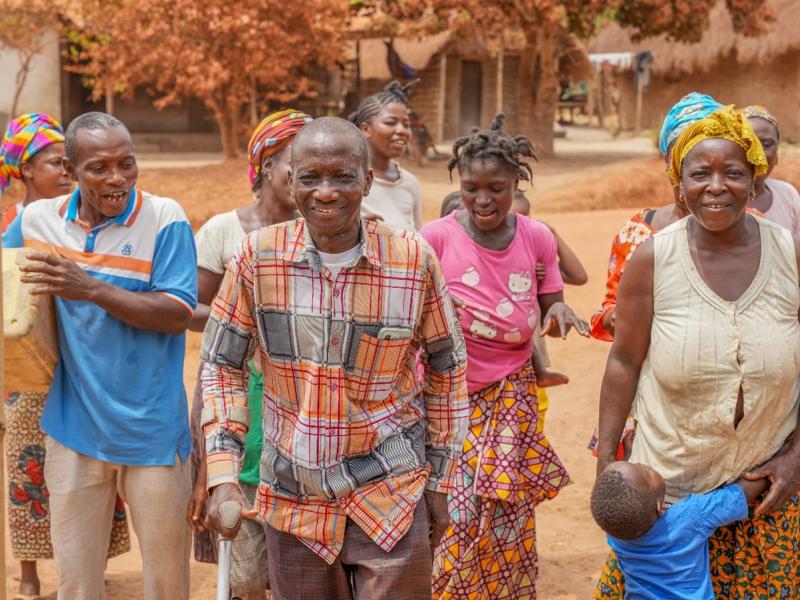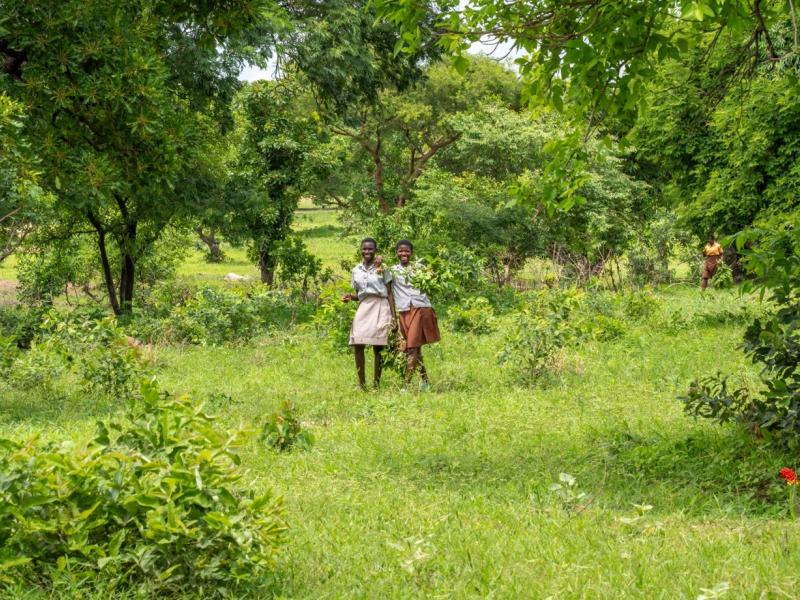When we introduced carbon markets to Indigenous Peoples during the Asia-Pacific Climate Week (APCW) in November 2023, a common refrain emerged: the complexity of the topic was overwhelming. Participants expressed their uncertainty, often stating, “I don’t know enough to engage meaningfully. I understand that carbon markets affect us as an Indigenous community, but I don’t even know where to start.” This sentiment – of frustration and confusion – was echoed by many Indigenous attendees.
The growing importance of carbon markets
In 2024, 78 percent of countries globally indicated plans to utilize market-based mechanisms to achieve their Nationally Determined Contributions (NDCs) under the Paris Agreement. In the Asia Pacific region, 19 out of 27 countries included forest and other land use sectors in their current NDCs. With 70 percent of the world’s global Indigenous Peoples residing in Asia – one of the most culturally diverse regions – there is a pressing need for Indigenous communities to understand carbon markets. Many Indigenous people live in or near forest areas, maintaining a deep connection to the landscape, from which they derive their values and knowledge. Consequently, there is a strong desire among Indigenous communities to gain insight into carbon markets and their potential implications.
Knowledge exchange: Building understanding
Building on the APCW introduction we recently gathered Indigenous representatives from Cambodia, Indonesia, Malaysia, Myanmar, Nepal, Philippines, Vietnam and local communities from Thailand for a structured knowledge exchange on carbon markets from September 16 to 19, 2024. During this event, we explored the fundamental concepts of carbon markets, how they operate, and the growing emphasis on high-integrity carbon markets. More importantly, we focused on how these markets affect Indigenous Peoples and their communities, preparing them to engage effectively and identifying existing tools and resources to fill knowledge gaps.
As the week unfolded, it became increasingly clear that the core rights and responsibilities of Indigenous Peoples remain unchanged. In a landscape filled with diverse players and complex mechanisms, it is vital to reaffirm these rights: self-determination over their lands and territories; clear tenure rights related to carbon ownership; robust Free, Prior, and Informed Consent (FPIC) processes; equitable benefit-sharing plans; and accessible grievance redress mechanisms.
The Continuity of Indigenous Rights
This focus on rights is not new; it echoes the longstanding struggles of Indigenous Peoples for recognition and respect. These rights have been incorporated into various frameworks, including the Cancun safeguards for REDD+ within the Paris Agreement, which many countries have adopted into their national REDD+ frameworks.
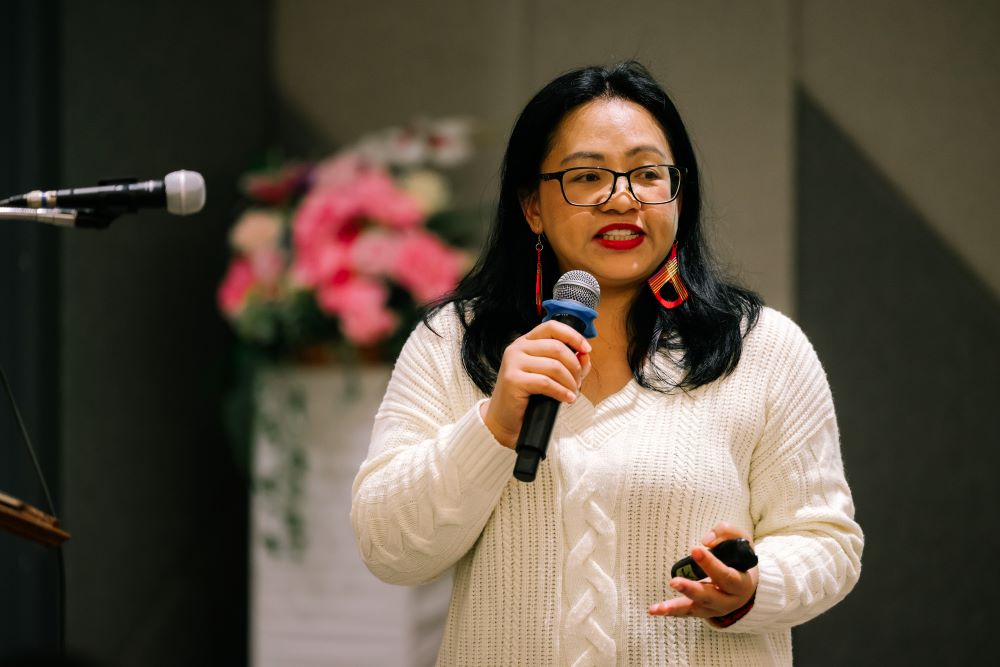
Women leading the way: Empowering climate action
A powerful example of Indigenous leadership is Ibu Rukmini from Organisasi Perempuan Adat Ngata Toro (OPANT) in Central Sulawesi, who, in 2012, was instrumental in securing a local decree on FPIC for her community. As a key leader, she guided her people in defining FPIC within their context and establishing what a meaningful FPIC process should entail. Supported by the UN-REDD Joint Programme, Rukmini and her team developed a community-based FPIC framework and refined it through pilot projects. This decree ultimately protected 50 hectares of their ancestral lands from logging, highlighting the critical role Indigenous women play in environmental stewardship. Rukmini’s experience has equipped her community with the confidence to ensure that FPIC is effectively implemented as they engage with carbon markets.
Tijah Yok Chopil, an Orang Asli leader from Malaysia, emphasized the importance of preparation: “We must take time to learn about carbon markets before making any judgements. If you are informed about your rights, you can express your thoughts clearly. Otherwise, you may lose your rights if you say the wrong thing,” says Tijah Yok Chopil, an Orang Asli from Malaysia.
Tijah also reminded us of the strength derived from their shared an Indigenous values. “We’re united because we hold on to our Indigenous values and priorities. This unity will help us prepare to engage with carbon markets.”
Challenges in accessing financial resources
The Ikalahan Indigenous Peoples of North Luzon, Philippines, have managed their ancestral forests for decades, overseeing 15,000 hectares since a landmark agreement with the Philippine government in 1974. They employ sustainable practices such as reforestation and wildfire prevention, and wildlife sanctuary protection, contributing significantly to both forest conservation and carbon sequestration. Despite these efforts, the Ikalahan often find themselves excluded from financial mechanisms, such as carbon markets and REDD+ Results-Based Payments, due to stringent eligibility criteria that favor larger entities or those with higher deforestation rates.
This exclusion raises critical questions: How can Indigenous Peoples be recognized as essential contributors to climate action? As demand grows for emissions removal initiatives, Indigenous communities like the Ikalahan are in a race against time to secure funding for continued forest protection. There is, therefore, a need to explore options other than carbon markets and REDD+ Results-Based Payments available that will reward the way Indigenous Peoples have managed and retained their ancestral forests.
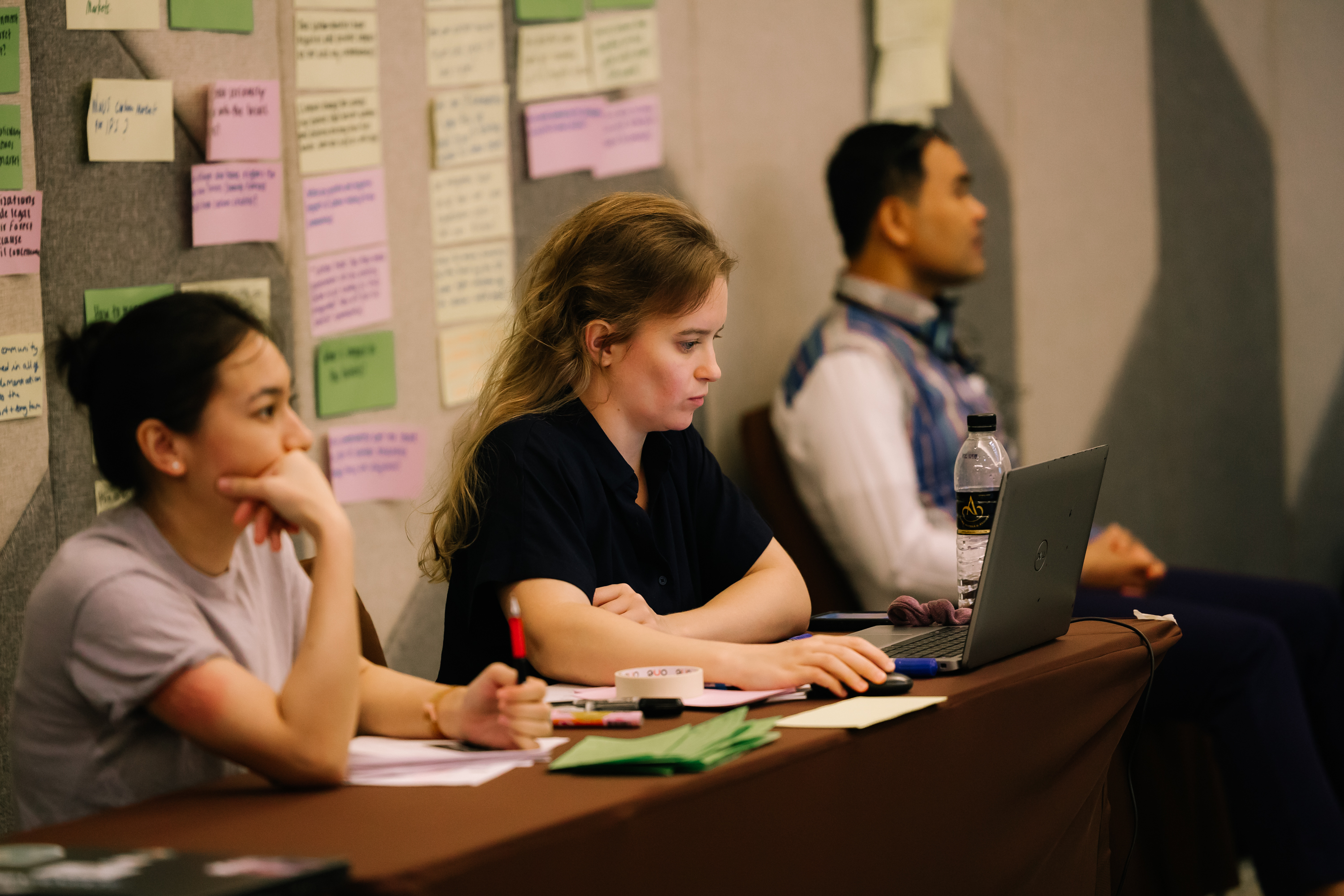
Urgent priorities for Indigenous Peoples in Asia
From the knowledge exchange, several urgent priorities for Indigenous Peoples emerged in the context of carbon markets:
- Capacity building and awareness: There is an urgent need for training and awareness-raising initiatives, including national workshops and community-level discussions. These efforts should focus on educating Indigenous communities about carbon markets, their implications, and key mechanisms like FPIC. Providing accessible information in local languages and tailored workshops will empower communities to engage effectively.
- Government engagement: Establishing dialogue between Indigenous organizations and government agencies is essential. National roundtable discussions on climate finance and carbon markets should strengthen Indigenous Peoples' rights and facilitate the creation of knowledge materials, including case studies and documentation of Indigenous governance practices.
- Data collection and knowledge sharing: Mapping customary forests and documenting Indigenous governance will strengthen their positions in negotiations. These efforts will enhance transparency in how Indigenous lands and resources are utilized within carbon markets.
- Grievance redress mechanisms: Developing accessible grievance redress mechanisms is crucial to addressing inequities and ensuring that Indigenous Peoples can assert their rights within carbon markets.
Conclusion: Moving towards empowerment
As we navigate the complexities of carbon markets, it is essential to center Indigenous Peoples in the conversation. Their rights, knowledge, and experiences are invaluable assets in the global fight against climate change. By prioritizing education, government engagement, and equitable policies, we can create a more inclusive and effective framework that honors the rights of Indigenous communities while ensuring their meaningful participation in carbon markets. Through collective action and unity, Indigenous Peoples can assert their rights and play a fundamental role in shaping a fairer, more equitable future for all.
Additional Note:
UNDP has a commitment to high integrity carbon markets, notably on the topic of social and environmental safeguards; respect for the rights of Indigenous Peoples and local communities (including free, prior and informed consent (FPIC)) and women; establishing equitable benefit sharing arrangements, stakeholder engagement platforms and effective grievance mechanisms, as well as technical assistance to ensure the quality and transparency of carbon accounting for results-based finance and carbon markets.
In all countries, Indigenous Peoples, local communities, and local municipalities do not have adequate resources, access to information or technical expertise to engage effectively either directly in the market or in benefit sharing arrangements. These institutions need resources, and countries, provinces and municipalities need processes such as roundtables or citizens councils to facilitate dialogue and engagement in program- and jurisdictional-level planning. UNDP has a strong track record in providing support precisely along these lines in the context of both the regulatory and voluntary carbon market. Dedicated support will be provided to strengthen indigenous peoples’ overall engagement in carbon markets.
UNDP’s High Integrity Carbon Markets Initiative is accessible at https://climatepromise.undp.org/highintegritycarbonmarkets
